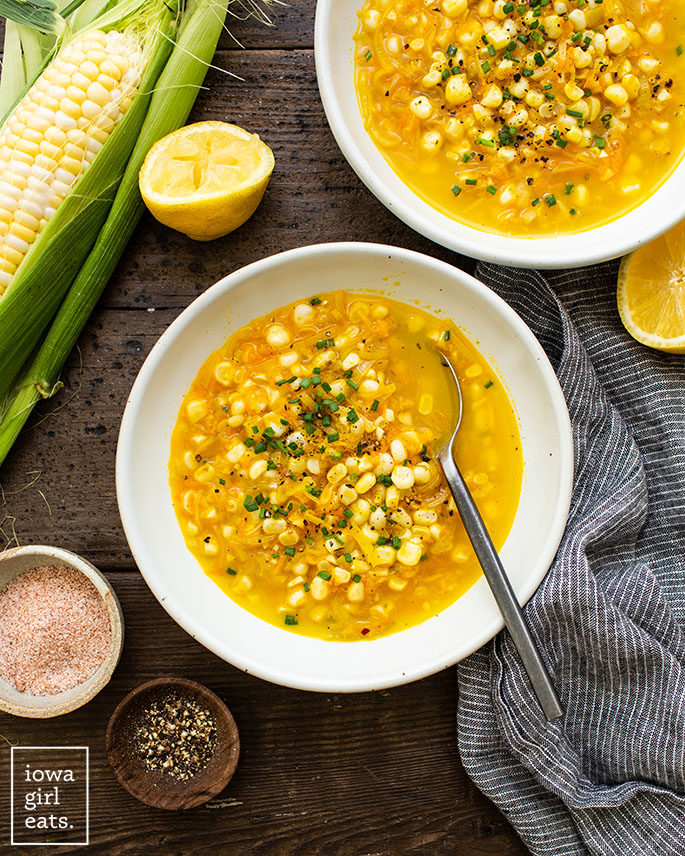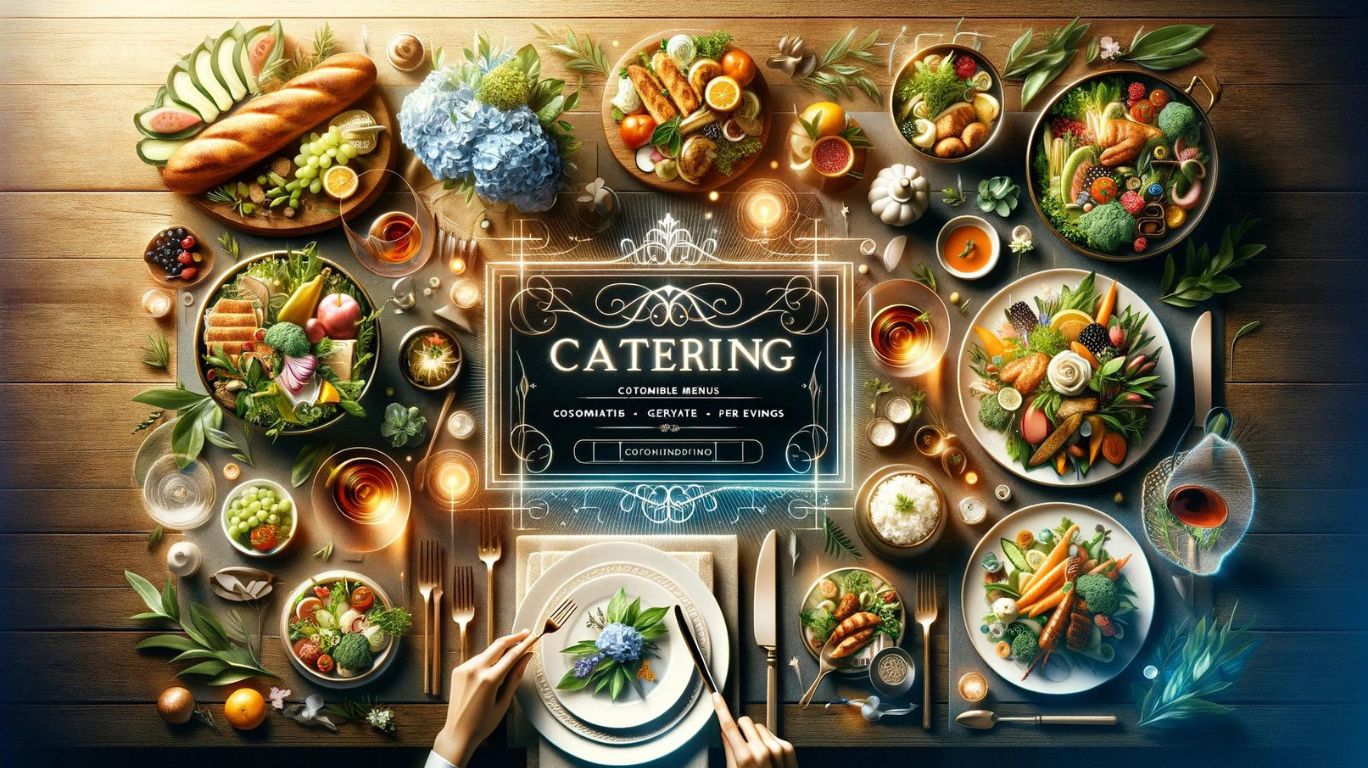I’m a diet guru – here’s the best time you should eat dinner if you want to lose weight
[ad_1]
IT’S not just what you eat, but when you eat it, some experts say.
The time of your meals can influence how much weight you carry and may be sabotaging your fat loss goals.
Diet guru author Dr Michael Mosley has shared his thoughts on the best time to eat dinner if you want to keep in shape.
“Try and stop eating by 8pm and then not eat anything with calories after that”, Dr Michael said, according to The Mirror.
Avoiding calories closer to when you fall asleep is important, as what you eat later “hangs around in your system for much longer”.
Dr Michael added: “The temptation is to eat cheese and biscuits late into the night.


“Although the idea that cheese will give you nightmares is a complete and utter myth, it will obviously be quite a lot of calories loaded on late at night.
“And we know the fat and sugar you eat later at night, it just hangs around in your system for much, much longer because your body is just closed down for night.
“Your digestive process will be closing down, and it really will not appreciate that late night snack.”
Some studies support this, and say eating into the late evening does not fit with the body’s natural body clock.
Most read in Diet & Fitness
Circadian rhythms are the 24-hour cycles that dictate everything from when we feel sleepy to when our immune cells are most active.
And these cycles enable our bodies to prepare for regular events, including the arrival of food, which some experts say is more efficient during the day.
One 2017 study found that fat individuals consumed most of their calories shortly before going to sleep when levels of melatonin – a hormone that makes you sleepy in the evening – were high.
But people with lower body fat did not.
The researchers said they were not able to say what time to stop eating, however, because everyone has slightly different body clocks and melatonin secretion onset.
It comes after a study last week found that ditching dinner is better than skipping breakfast to lose weight.
Scientists analysed 250 studies looking at what times people eat and its impact on appetite and flab.
They concluded that consuming the final meal before 3pm was the best way to shed excess pounds.
Dr Courtney Peterson, of the University of Alabama, US, said: “Our highest alertness, testosterone production and, in most people, best blood sugar control is in the morning.
“So your metabolism is kind of optimised (for eating).”
Volunteers were less hungry when eating between 8am and 2pm, the researchers said at the European Congress on Obesity in Maastricht, Netherlands.
Eating within a time-restricted window has become more popular as a way to lose weight.
Dieters may find it easier to cut calories by eating all meals in a set number of hours a day, and going stretches of time without food.
But some studies have shown that, although “intermittent fasting” does help with weight loss, it doesn’t appear to have better results than traditional calories restriction.


The content of your meals are clearly crucial to the likelihood of weight loss, not just when you have them.
The NHS recommends eating plenty of fibre, which keeps bowels moving, fruit and veg, starchy carbs and protein.
The NHS top 12 tips for weight loss
The NHS gives the below 12 top tips to help slimmers kickstart their weight loss journey.
- Do not skip breakfast – You could miss out on essential nutrients and you may end up snacking more throughout the day because you feel hungry.
- Eat regular meals – Eating at regular times during the day helps burn calories at a faster rate.
- Eat plenty of fruit and veg – Fruit and veg are low in calories and fat, and high in fibre – three essential ingredients for successful weight loss.
- Get more active – As well as providing lots of health benefits, exercise can help burn off the excess calories you cannot lose through diet alone.
- Drink plenty of water -People sometimes confuse thirst with hunger.
- Eat high fibre foods – Foods containing lots of fibre can help keep you feeling full, which is perfect for losing weight. F
- Read food labels – Knowing how to read food labels can help you choose healthier options.
- Use a smaller plate – This can help you eat smaller portions.
- Do not ban foods – Banning foods will only make you crave them more.
- Do not stock junk food – To avoid temptation, do not stock junk food – such as chocolate, biscuits, crisps and sweet fizzy drinks – at home.
- Cut down on alcohol – A standard glass of wine can contain as many calories as a piece of chocolate.
- Plan your meals – Try to plan your breakfast, lunch, dinner and snacks for the week, making sure you stick to your calorie allowance
Source: NHS
[ad_2]
Source link








